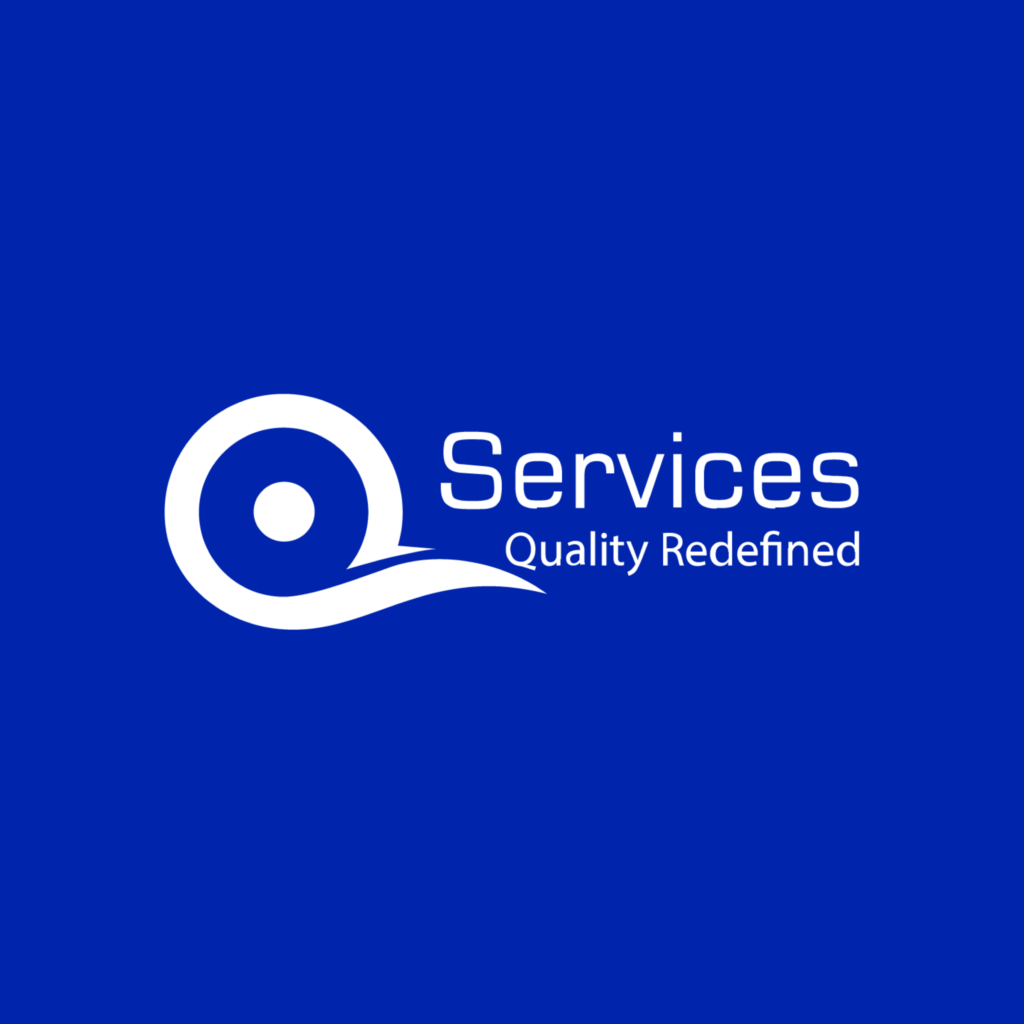
Rewards
.





CANADA
55 Village Center Place, Suite 307 Bldg 4287,
Mississauga ON L4Z 1V9, Canada
Certified Members:
.




 Safety and compliance in the oil and gas sector encompass the protocols and regulatory standards established to safeguard the well-being of workers, the environment, and neighboring communities throughout every phase of oil and gas activities. This includes exploration, drilling, production, transportation, and refining processes.
Safety and compliance in the oil and gas sector encompass the protocols and regulatory standards established to safeguard the well-being of workers, the environment, and neighboring communities throughout every phase of oil and gas activities. This includes exploration, drilling, production, transportation, and refining processes. Get free Consultation and let us know your project idea to turn into an amazing digital product.
Industry involves intricate processes such as exploration, drilling, and offshore operations, all of which come with inherent risks. These risks include not only equipment failures, fires, and explosions but also natural disasters like hurricanes and earthquakes. Therefore, ensuring safety is essential to mitigate potential dangers in such hazardous environments.
The imperative of safety in the oil and gas sector is underscored by the inherent risks involved in product transportation. Whether through pipelines, ships, tankers, or trucks, transportation poses threats of accidents, leaks, spills, and explosions, demanding rigorous safety measures to protect lives and the environment alike.
Safety emerges as a linchpin in the oil and gas sector, crucial for averting environmental catastrophes arising from accidents, spills, leaks, and other incidents. By adhering to stringent safety practices, the industry minimizes its environmental impact, shielding ecosystems, wildlife, and natural resources from contamination and degradation.
Safety’s significance extends to regulatory adherence and the seamless operation of oil and gas facilities. By adhering to safety standards, companies not only meet regulatory requirements but also mitigate operational risks, curtail downtime, and fortify overall operational resilience and sustainability.
Discover the transformative power of automation in the oil and gas industry with these revealing statistics. From substantial cost savings to enhanced operational efficiency, intelligent automation is reshaping the industry landscape.

Power Automate, a component of Microsoft’s Power Platform, is instrumental in the oil and gas industry, particularly in streamlining oil and gas operations. It automates various tasks, integrates data from different sources, enables remote monitoring of assets, and fosters collaboration among teams. However, our focus here is solely on its role in ensuring compliance with industry regulations. Let’s discuss the sorts of challenges the industry faces when it comes to ensuring safety and compliance and how Power Automate helps in addressing them.
Challenge 1: Oil and gas companies are under pressure to modernize operations across production, supply chain, and regulatory compliance to stay competitive. This includes the need to streamline processes, reduce manual labor, and ensure adherence to industry regulations. However, achieving these goals can be daunting due to the complexity of tasks and the volume of data involved.
Solution: Microsoft Power Automate flows offer a comprehensive solution by automating various tasks through features like Robotic Process Automation in oil and gas, Artificial Intelligence (AI), and Machine Learning (ML). Microsoft power automate RPA helps automate repetitive tasks such as data entry and compliance checks, boosting efficiency. AI enables data-driven decisions in critical areas like demand planning and supply chain operations. ML enhances capabilities concerning compliance and security objectives, providing valuable insights and risk mitigation strategies.
Challenge 2: Ensuring compliance with industry regulations while maintaining robust hardware and software security poses a critical challenge for the oil and gas industry. The complexity of regulatory requirements coupled with various cybersecurity threats necessitates a comprehensive solution.
Solution: By utilizing Machine Learning algorithms, Power Automate enhances security measures by proactively detecting and preventing threats. Additionally, its integration with other Microsoft services, such as Azure Security Center, enables seamless collaboration and fortifies security protocols, ensuring regulatory compliance and safeguarding critical infrastructure against cyber threats.
Challenge 3: In the oil and gas sector, safeguarding critical infrastructure against cyber threats poses a formidable challenge. The industry must prioritize implementing comprehensive cybersecurity measures to protect against potential breaches and data compromises.
Solution: Power Automate provides a solution with its automated incident response capabilities. By setting up automated workflows, it swiftly detects and responds to security incidents, minimizing damage and operational disruptions. Moreover, Power Automate seamlessly integrates with existing security tools, ensuring continuous monitoring and efficient management of security events. This integration enhances the industry’s ability to detect and mitigate cyber threats in real-time, bolstering overall cybersecurity posture and protecting critical infrastructure.
Challenge 4: Navigating the shift toward digital transformation while maintaining operational resilience presents a significant dual challenge for the oil and gas industry. As companies embrace new technologies and digital solutions, they must also safeguard their operations against potential cyber threats and vulnerabilities.
Solution: To address the above challenge, Power Automate plays a crucial role by offering features tailored to enhance digital resilience. Through workflow automation, its data protection, and encryption capabilities ensure the security and integrity of vital data, mitigating potential vulnerabilities and safeguarding against cyber threats.

Power Automate plays a crucial role in ensuring security and compliance within the oil and gas industry by utilizing its advanced features and functionalities:
Automated Incident Reporting: Power Automate streamlines incident reporting processes, enabling employees to quickly report safety incidents, near misses, and hazards. Automated workflows ensure that incident reports are swiftly directed to the appropriate personnel for review and necessary actions, facilitating prompt resolution of safety concerns.
Task Assignments and Notifications: Automates the assignment of safety-related tasks such as inspections, audits, and training modules. Automated notifications alert employees and managers to upcoming safety tasks, deadlines, and regulatory requirements, ensuring timely completion of safety activities in accordance with industry standards.
Procedure Compliance Checks: Power Automate Development automates compliance checks for safety procedures and protocols, ensuring adherence to established guidelines and regulations. Automated workflows monitor employee actions and behaviors, identifying any deviations from safety standards and triggering corrective actions or interventions as necessary to maintain compliance.
Emergency Response Coordination: In case of a safety incident or crisis, Power Automate facilitates the coordination of emergency response efforts. Automated workflows initiate alerts to key personnel, activate emergency response protocols, and provide real-time updates on the situation, enabling swift and effective response measures to be implemented for risk mitigation and safety assurance.
Training and Certification Management: Power Automate automates the management of safety training programs and certifications for employees. Automated workflows track employee training requirements, schedule safety training sessions, and send reminders for overdue training, ensuring employees receive necessary training for safe job performance and compliance with regulatory standards.
Documentation and Recordkeeping Automation: It automates the creation, distribution, and management of safety documentation and records. Automated workflows generate safety reports, incident summaries, and compliance documentation, ensuring accurate record-keeping and accessibility for audits and regulatory inspections, thus minimizing compliance risks and oversights.
The oil and gas industry’s trajectory towards enhanced safety and compliance hinges significantly on the integration of cutting-edge automation solutions such as Power Automate. Embracing automation not only promises substantial cost reductions and operational streamlining but also fosters a pervasive culture of safety and compliance across all levels of the organization. This transformative shift towards automation signifies a fundamental evolution in how the industry approaches risk management and regulatory adherence, heralding a future where safety and compliance are seamlessly woven into the fabric of everyday operations.

Our Articles are a precise collection of research and work done throughout our projects as well as our expert Foresight for the upcoming Changes in the IT Industry. We are a premier software and mobile application development firm, catering specifically to small and medium-sized businesses (SMBs). As a Microsoft Certified company, we offer a suite of services encompassing Software and Mobile Application Development, Microsoft Azure, Dynamics 365 CRM, and Microsoft PowerAutomate. Our team, comprising 90 skilled professionals, is dedicated to driving digital and app innovation, ensuring our clients receive top-tier, tailor-made solutions that align with their unique business needs.
Power Automate is a powerful automation tool developed by Microsoft that enables users to create automated workflows for various tasks and processes.
In the oil and gas sector, automation involves using technology to optimize and streamline a range of operational operations and procedures. Automating repetitive processes like data entry, compliance checks, incident reporting, work delegation, and documentation.
By automating repetitive tasks and processes, RPA enhances accuracy, speed, and consistency while reducing manual labor and human error. This automation leads to cost savings, faster decision-making, and increased productivity for oil and gas companies.
Yes, Power Automate’s cloud-based platform can handle vast volumes of data and processes, ensuring scalability for large-scale operations. Its modular design allows seamless integration with existing systems and workflows, enabling customization to suit diverse automation needs in the oil and gas sector.
Schedule a Customized Consultation. Shape Your Azure Roadmap with Expert Guidance and Strategies Tailored to Your Business Needs.
.





55 Village Center Place, Suite 307 Bldg 4287,
Mississauga ON L4Z 1V9, Canada
.




Founder and CEO

Chief Sales Officer
